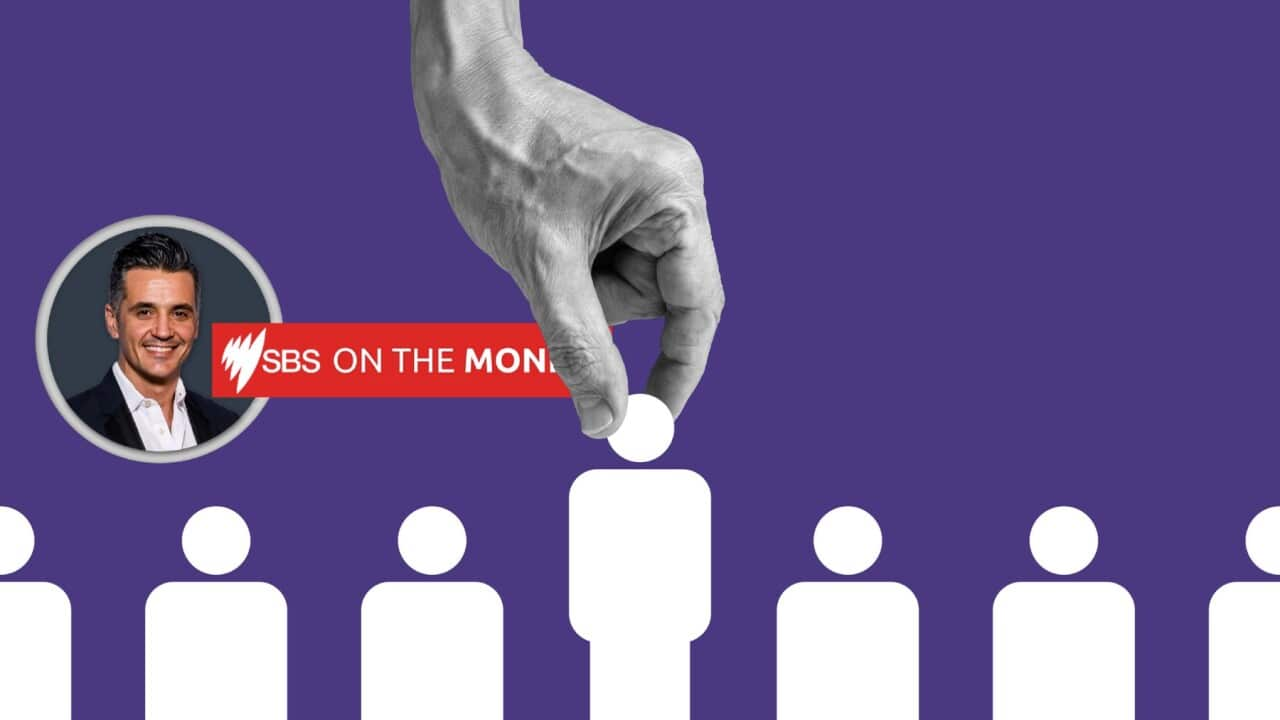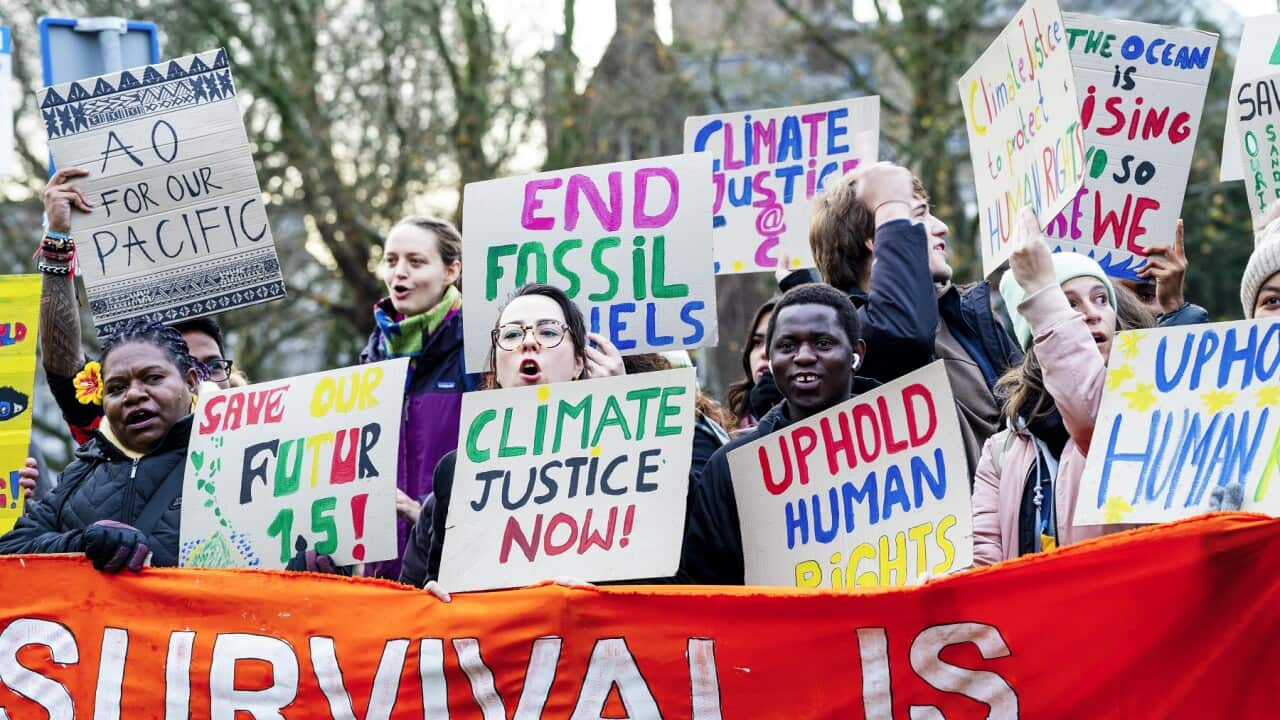TRANSCRIPT
The Prime Minister says legislation to enforce a minimum age for social media access will be introduced by the end of the year.
While politicians are in general agreement about the need for an age limit on social media, many researchers and youth groups aren't convinced.
There are many questions remain regarding the viability of enforcement, the specific age limits, and how social media companies will respond to the news.
Speaking on the Nine Network, Prime Minister Anthony Albanese says the logic behind the decision is quite simple.
"We want to get kids off their devices and on to the footy fields, onto the netball courts, into the swimming pools. We want them to have real experiences with real people. And we know that social media is causing social harm, which is why we put funding in the budget to have a trial to make sure that we get it right. It's not easy. We accept that, and the result mightn't be perfect, but we need to try to make a difference here, because this is something that is causing social harm, and every parent is concerned about what their young ones are having access to. "
The government says social media is having negative and at times dangerous impacts on young Australians and believes the unregulated use of the platforms is giving rise to mental health problems.
The legislation follows South Australia's announcement earlier in the week about its own proposed draft legislation to enforce an age limit on the platforms.
South Australian Premier Peter Malinauskas says he welcomes the federal government's commitment, and believes uniform legislation around the country will be more effective than individual state laws.
"At the moment it's pretty much a free for all and it's pretty much impossible for a parent to tell their child that they have to be isolated when every other one of their friends is on social media. By having a uniform rule, across the country, every parent can look their children in the eye and say it's not them, this is the law."
Australia has one of the world's most online populations.
A 2023 study by the University of Sydney found two thirds of 13 to 17 year olds saying they had used either Youtube or Instagram.
Federal Opposition communications spokesman David Coleman strongly supports age verification for social media, but says the government is mismanaging the policy.
"Peter Dutton announced a firm policy on social media age verification months ago, and the Prime Minister can't even announce a firm policy today. The Prime Minister is saying he wants to do social media age verification, but he doesn't know what the age should be. and it's very hard to have social media age verification if you don't know the what age limit is. That’s consistent with the way the government has mismanaged this issue, right from the start. In November, the coalition brought legislation to parliament to introduce a trial of age verification technology, the government blocked it in the parliament, every other member in the House of Representatives supported the coalition's legislation. The government voted against it. "
But while the government says the legislation shows they are listening to parents and prioritising the safety of children and teenagers, not everyone agrees with the broad nature of the proposed bans.
Daniel Angus is the Director of the Queensland University of Technology's Digital Media Research Centre.
He says that a lot of the research and writing on poor mental health linked to social media is outdated, and often pushes very simplistic solutions for complex issues.
He says books like Jonathan Haidt's 'Anxious Generation' sell very well, but often fail to stand up against the work of other researchers.
"So there's a whole economy of these kinds of airport books that largely try and pedal very simple solutions to very complex problems. And genuine researchers in the fields of research around youth social media use and youth technology use, have written very sharp critiques of these works because as they point out rightly, often books like Jonathan Haidt's cherry pick evidence. They rely on discredited or outdated evidence. They fail to take account of many of the more positive or indeed just very neutral uses of these technologies. But also the solutions that they put out there are pretty much non-starters, right?"
Psychologists and youth groups are warning that a ban on social media use for young people may pose barriers to mental health support.
In the report authored by former Chief Justice of Australia Robert French, the benefits of social media to young people are acknowledged- in particular, for those in marginalised groups who access support groups and find community online.
Questions are also being raised about why social media alone is the target of the ban, with the point raised that harmful content is available across the internet and is not limited to social media platforms.
As well as concerns about the efficacy of a ban and it's potential negative impacts on young people, there are also many unanswered questions about how the legislation will be enforced.
Daniel Angus says there is an unfair view of social media platforms like TikTok as solely negative places, when in reality, he says, that's not how most young people feel.
"And it's not just government, it's all parts of our society that really just, I think, position in a very negative and pejorative way, the way that TikTok is often framed. And this can happen in research as well, that it's perennially framed as this problematic social media platform. And that's not the experience of most youth and users of that platform. They find it incredibly positive. They are able to actually express themselves creatively, use it creatively as a platform. And that's not to say that there aren't qualities of that platform, like any platform, that we couldn't intervene with and make stronger and indeed really make sure that that is a positive experience for everyone and such. But I get really frustrated, I think in a lot of colleagues do in the way that these things are continually positioned in a very negative way."













